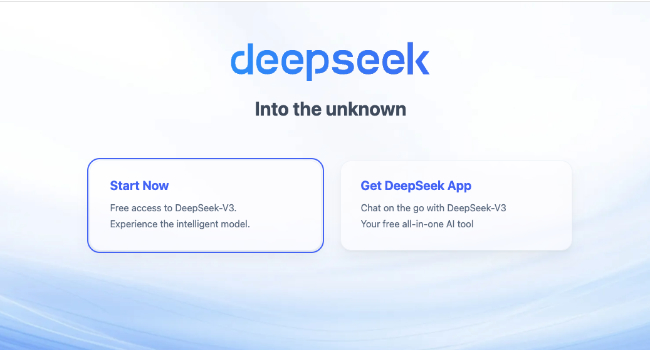
Hot AI Chatbot DeepSeek Comes Loaded With Privacy, Data Security Concerns
- By Brent Dirks
- Jan 28, 2025
In the artificial intelligence race powered by American companies like OpenAI and Google, a new Chinese rival is upending the market—even with the possible privacy and data security issues.
What Is DeepSeek?
At a glance, DeepSeek looks similar to other offerings like ChatGPT, Claude, Gemini, and others. But DeepSeek is disrupting the market for simple reasons—cost and efficiency.
Other chatbots, like ChatGPT, take a vast amount of of resources to power. Most notably, they require a substantial amount of high-end GPUs from NVIDIA. On the promise of AI, NVIDIA stock has increased almost 100 percent in just a year.
But DeepSeek said it was built using cheaper chips and is more efficient than its rivals.
According to CBS News, Wedbush Securities analyst Dan Ives said the DeepSeek app was built with only $6 million.
DeepSeek shook big tech stocks on Monday. NVIDIA dropped 17 percent and $600 billion in market cap. That’s the biggest one-day loss for any company in stock market history.
Substantial Data Privacy Concerns
Before trying DeepSeek out, you should consider the privacy concerns by sending information to a China-owned company.
"Obviously, the use of their platform places all prompts and uploads on servers hosted in the PRC. It's nice to see this level of honesty and transparency in software, and the surrender of data sovereignty matters to people and companies,” said Trey Ford, Chief Information Security Officer at Bugcrowd. "The fingerprints of creators are found in their products—and reports of free speech and worldview injection into responses are widely reported from the DeepSeek platform.
"Users, such as citizens, and enterprises whether public or private sector, should reflect on both what they submit to a service, as well as their ability to effectively manage the worldview and perspective of responses provided. The clear involvement of nation-state backed software and service offerings like these are worthy of reflection before use."
About the Author
Brent Dirks is senior editor for Security Today and Campus Security Today magazines.